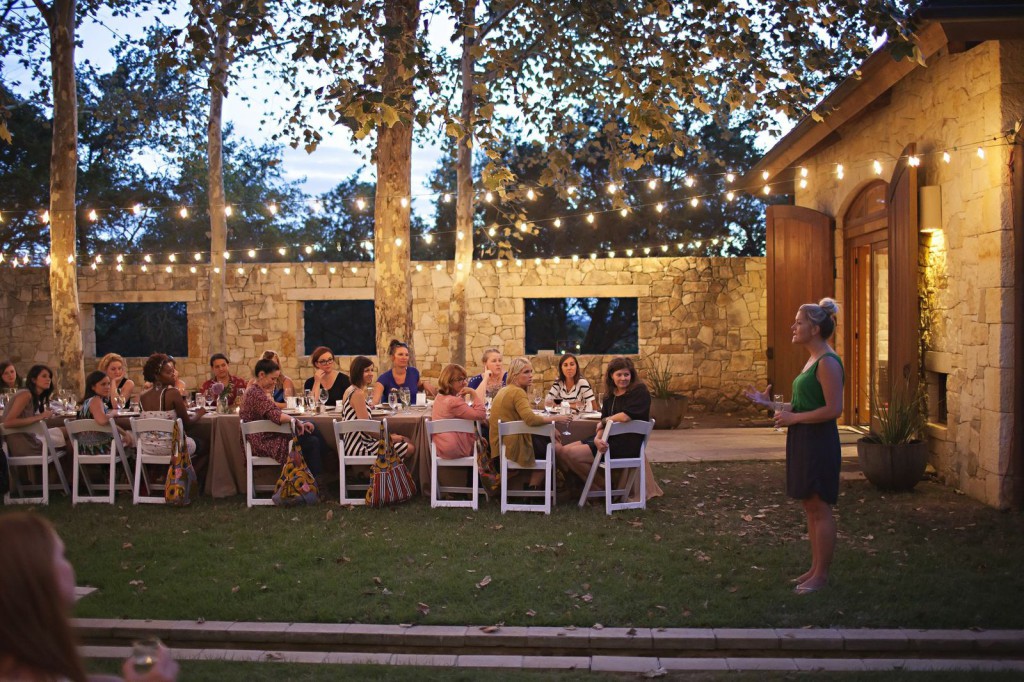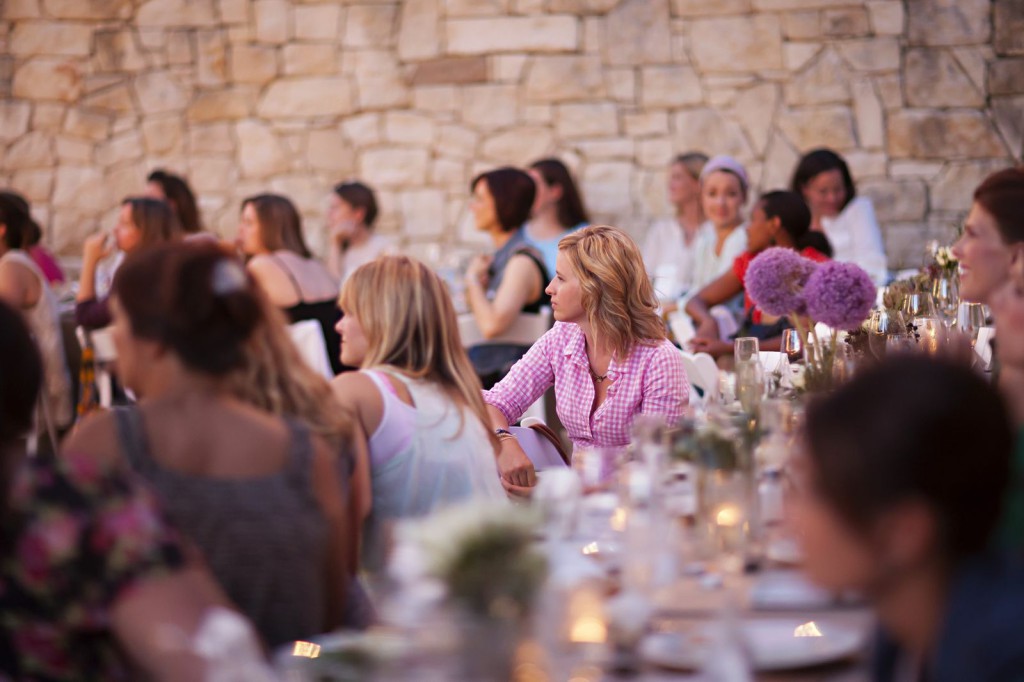Hearing and Being God
Since the beginning of December I have been thinking about what it means to "hear" God's voice. I cut my faith teeth in Charismatic circles, so hearing from God for ten years was commonplace in my life. I have pages full of things people heard from God about on my behalf and I am in Texas today because of a small feeling I had one June morning on my back stoop. He said, "Move to Texas," and I said, "Hell, no." But then I did. I don't handle His voice lightly, but I think I have handled the hearing of His voice lightly.
Because we are His children and He is our father and we know this with our heads—even if we struggle with it in our hearts—we want to believe that He speaks and He speaks to us. This is why we have books like Jesus Calling given back and forth at every holiday gathering and as last minute birthday gifts. Who doesn't want to hear Jesus Calling?
But what happens when what you were sure that you were sure that you were sure that God said, turns out to be, well, not?
What then?
I don't have an answer to this question. The only answer I have is to go back to His infallible, inerrant word, and trust His character to be true. Jared Wilson posted a blog today that might be the most important thing we'll read online this week, or month.
Something happens when you stop submitting to the communal listening of congregational worship and start filling the air with your own free range spiritual rhetoric. Your talk of God starts to sound less like God. He starts sounding like an idea, a theory, a concept. He stops sounding like the God of the Bible, the God who commands and demands, the God who is love but also holy, gracious but also just, et cetera. He begins to sound less like the God “who is who he is” and more like the God who is as you like him.
Read that twice if you need to. I needed to read it three times.
Now think, just for a few moments, about the times in our lives where what God says sounds an awful lot like what we'd like Him to say, or God help us, an awful lot just like us.
The truth is I don't need that god in my life because I already am that god.
. . . . . . . . . . . . . . . . . . . . .
I've had some good, good people pressing back on me in recent months, asking the same question the enemy asked in Eden and again in the wilderness to Jesus: Did God really say?
Strange how the enemy can ask a question and a friend can ask the same question and we still get their intentions flip-flopped.
I want to ask you the same question today: Did God really say?
If you don't have an answer to that question, that's good because it means you can go back to His word and instead of listening for His voice, you can read exactly what He does say (about you, about others, about His character). If you're hung up on something you think He might have said or you wish He would say, there's great comfort to be found in knowing for sure He did say.
If you don't know where to start, start here, in Isaiah 45. It is packed, full and brimming over with what God says.
I am the Lord, and there is no other. I did not speak in secret, in a land of darkness; I did not say to the offspring of Jacob, ‘Seek me in vain. I the Lord speak the truth; I declare what is right. Isaiah 45:18-19
Know that I am praying for you today as you and I both relinquish what we think He's said, and submit ourselves to the truth of His character and word.









